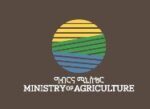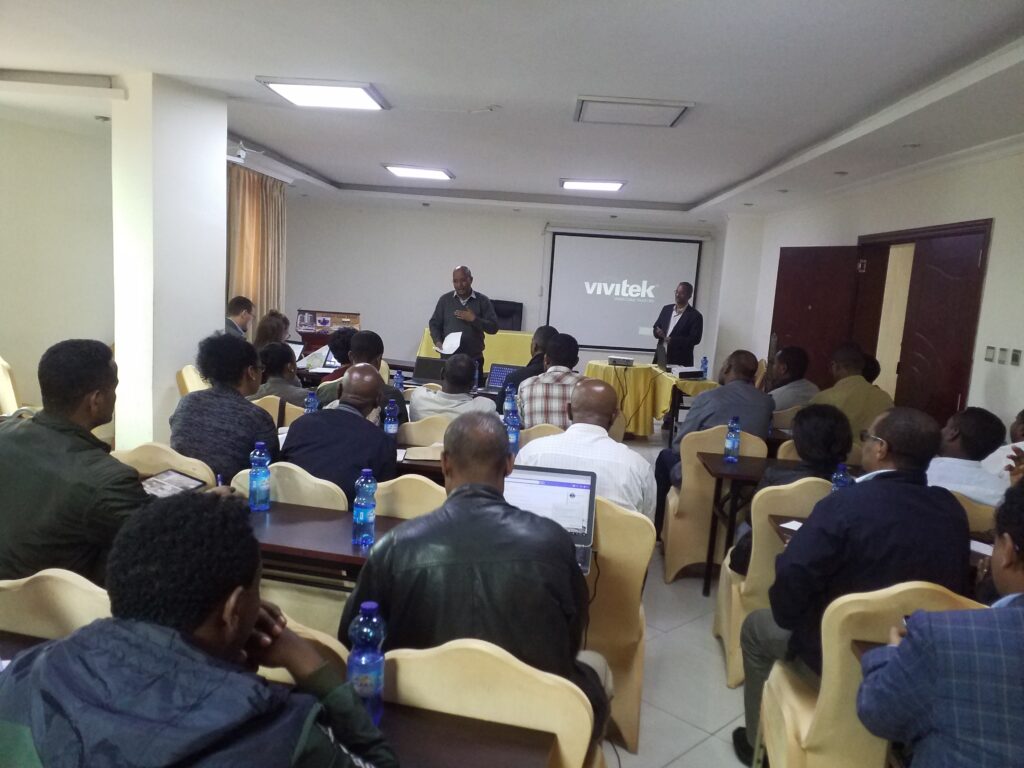
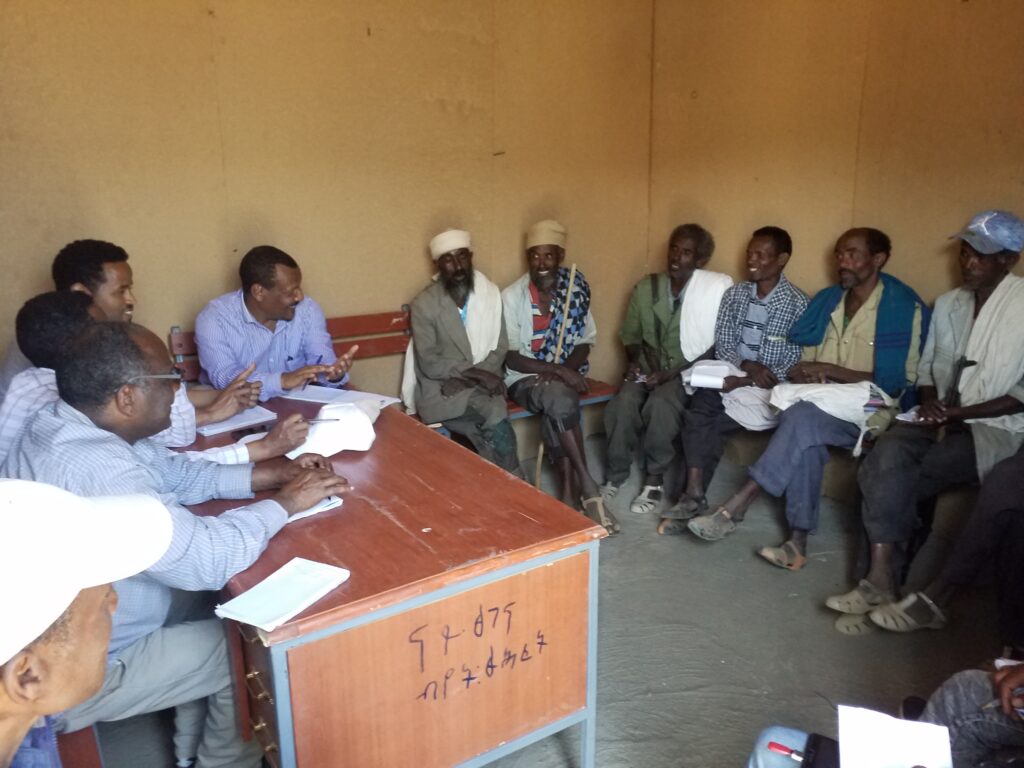
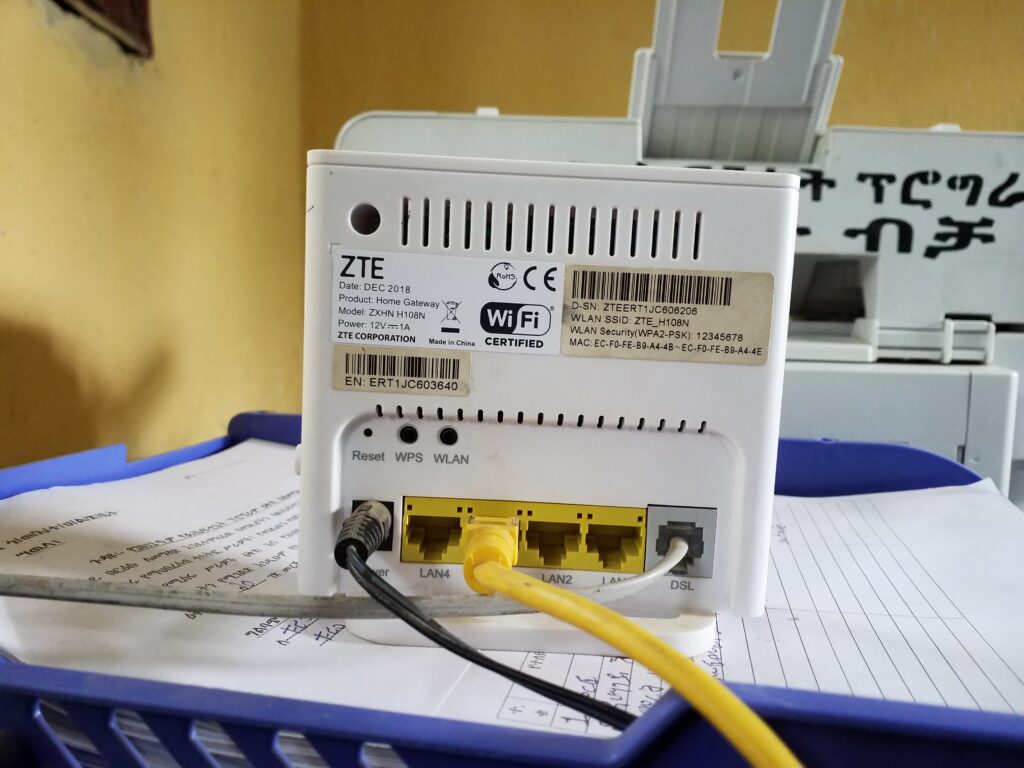
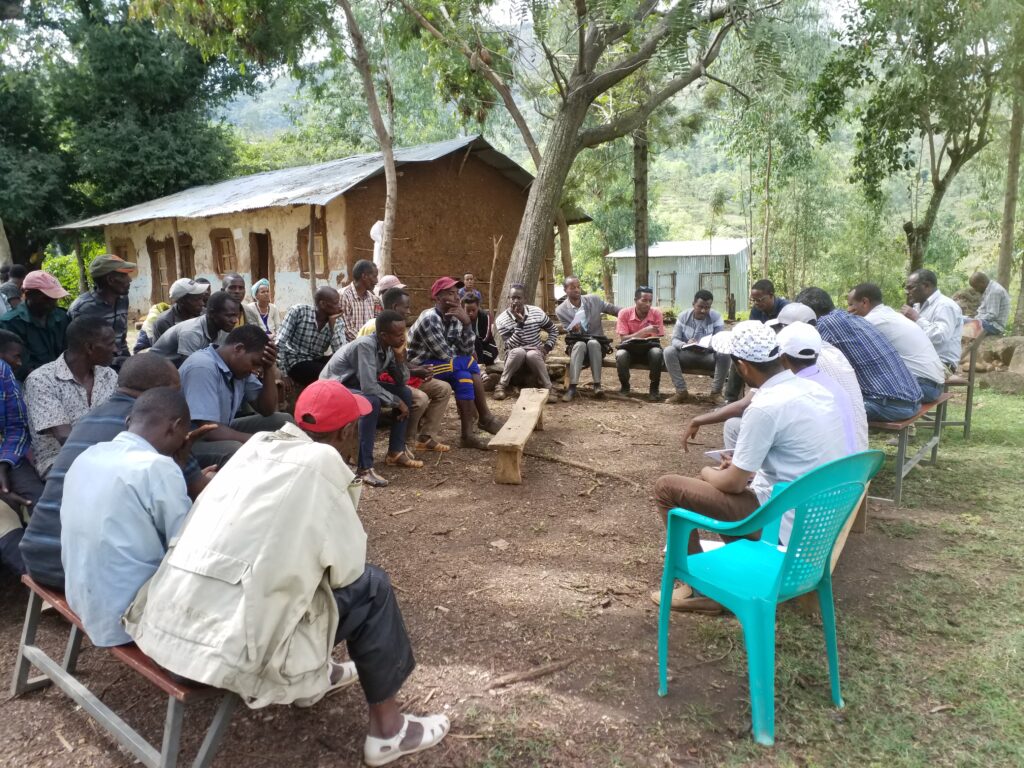
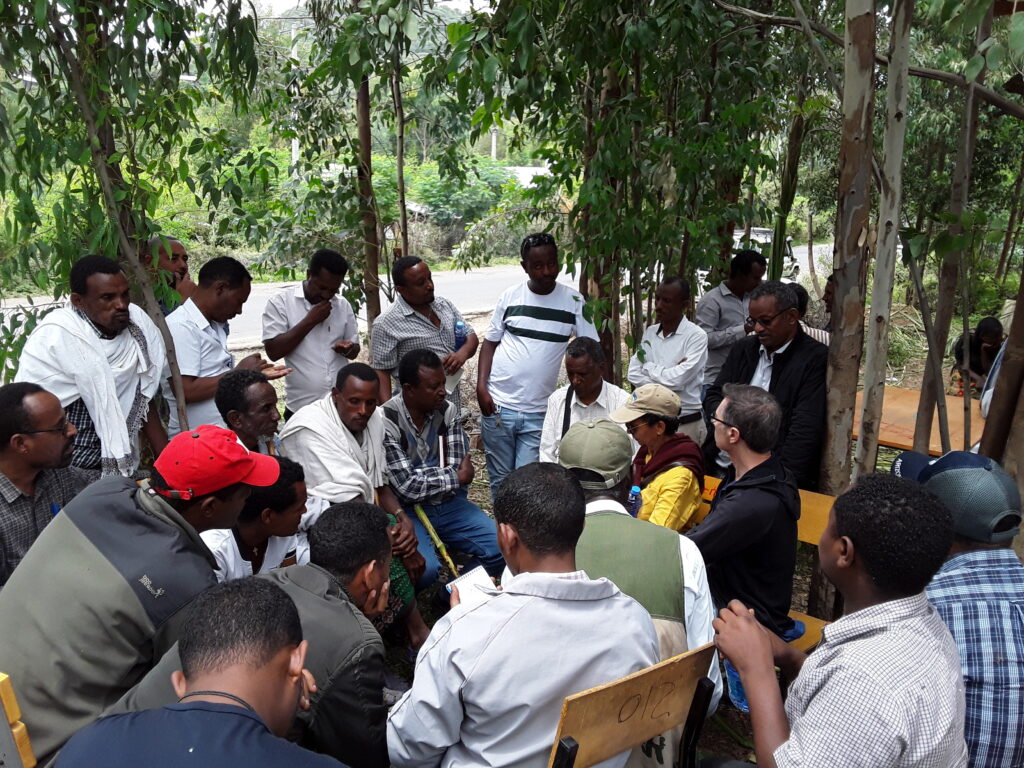
Programme Documents
Study Reports
Plans and Performance Reports
Programme Management, Monitoring & Evaluation and KML
The objective of this component is to provide effective coordination and management of the programme at all levels of implementation, establish an effective M&E system, create an institutional organizational learning environment for continuous improvement of the programme execution. This component has two subcomponents namely Programme managemnt, Monitoring & Evaluation and KML.
Programme Managements, Monitoring and Evaluation (M&E)
The FPCMU and RPCMU together draft the annual work plan and budget involving each level of Programme participants, starting with the primary stakeholders at the scheme and micro-watershed level. These identify the activities according to their needs and priorities through a participatory planning process. The Woreda, in collaboration with the Zonal office, prepare the AWPBs and submit to the respective Regions where they are reviewed and consolidated by RPCMUs to produce Regional AWPBs.
Read More
The Regional AWPBs also review and approve by the respective RPSCs before being submitted to the FPCMU. The FPCMU reviews and consolidates the Regional AWPBs based on the Programme’s overall operational and financial targets in particular define programme activities, outputs and results; review and adjust approaches based on implementation experience; and set realistic targets each year. The FPCMU then produces to the Programme-wide AWPB for a given year which would be submitted to the Federal Project Steering Committee (FPSC) for review and approval. Finally, the AWPB would be submitted to IFAD, at least 60 days before the commencement of the proceeding programme year, for its review and expression of ‘No Objection’.
Programme Steering Committee (PSC)
PASIDP successfully developed effective implementation arrangements, from federal down to Kebele level, and created a mode of operation that has streamlined planning, financial management, procurement, monitoring and reporting systems that can effectively support PASIDP II implementation.
The MoA established a Programme Steering Committee (PSC). Steering Committees at federal, regional and woreda levels play key roles for oversight and major decision-making. Steering Committees’ key roles and functions across all from federal to woreda level includes: Establishes policy guidelines and providing overall oversight and strategic guidance; and check whether the programme contributes to the higher-level sector policy and strategic goals or not, Ensures that the Programme is moving in the right direction towards achievement of its development objective (PDO), Review and approve the Annual Work Plans and Budgets (APW&Bs) submitted by the respective Project Coordination Management Units (PCMU), Reviews and approves annual implementation performance report prepared by the PCMU and overseeing the implementation of corrective actions and oversee the implementation of small-scale irrigation components more critically and Ensures inter-ministerial coordination, harmonization and alignment with other programmes and initiatives in the sector.
The federal and regional steering committees review and approve, annual work plans; performance monitoring plans and quarterly and annual progress reports; oversee bi-annual joint review and implementation support missions; identify and promote implementation and adoption of best practices and policies, ensure that activities are well coordinated with other development programs and ensure that interventions are carried out and measures taken that results in program sustainability.
The woreda steering committee (WSC) also reviews and approves annual work plans and budgets, reviews implementation reports and ensure multi-sectorial coordinati It additionally, be a signatory to Kebele Development Committee (KDCs) agreements, approve sub-projects and follow up on their implementation. The steering committees meets every quarter.
The Woreda watershed Committee (WSC) is expected to provide guidance in the process of selecting priority commodity value chains in the Woreda in a more focused manner, so as to see tangible results in productivity, ability to access markets and increase income of programme beneficiaries. The WSC will be strengthened to include heads of relevant Offices such as Office of Agriculture (Secretary of WSC), Office of Water Resource/Irrigation Authority, Office of Finance, Office of Land Use and Environmental Protection, Office of Trade, and Cooperative Office. The WSC should meet at least once in three months and have functions mentioned above.
Technical Committees
Technical Committees (TCs)s would be responsible for providing technical advice to the respective Steering Committee for decision-making. More closely, the TCs technically supports the PCMUs on the quality of implementation reports and special studies, guidelines, documentation of best practices, and M&E reports. The TCs would support the PASIDP-II-PCMUs and PASIDP-II focal person(s) in technical backstopping and supervision of lower levels, to coordinate PASIDP implementation within their respective institutions (including institutional capacity building as appropriate); and, to provide advice to steering committees on PASIDP activities; as well as to produce reports on implementation progress. The role of the Technical Committees at all levels would specifically include:
- Provide advice to steering committees on PASIDP activities; as well as produce reports on implementation progress,
- The TCs supportsss the PASIDP II PCMUs and PASIDP II focal person(s) in technical backstopping and supervision of lower levels, coordinate PASIDP II implementation within their respective institutions (including institutional capacity building); and, provide advice to SCs on PASIDP II activities; as well as produce reports on implementation progress.
- Reviewing, providing recommendations and advise on improving the AWPB submitted by the respective PCMUs, providing technical advisory services on implementation modalities,
- Support the PASIDP-PCMUs and PASIDP focal person (s) in technical backstopping and supervision of lower levels,
- Review and analysing all documents prepared under the project’s responsibilities providing recommendations and advising on improvement.
At the Zonal level, Zone office of Agriculture (ZoA) provides technical support, extension services and M&E to the group of Woredas under its authority. ZoAs coordinates with the Woreda Offices of Agriculture (WoA), the technical committee would conduct meetings quarterly at the federal, regional and zonal levels, monthly at the woreda levels.
Federal Technical Committee (FTC) would be chaired by the FPCU coordinator. The composition of the federal TC committee includes focal persons drawn from each implementing and service providing agencies.
Regional Technical committee (RTC) would be established to provide technical support to the RPSC. The RTC would be chaired by the RPCU coordinator. The regional technic Committee members of the team would be drawn from the relevant technical bureaus and institutions. Their roles w0uld be to review Programme documents, including physical and financial progress reports, procurement documents, Annual Work Plans Budgets, and synthesize issues that need decision and guidance of the RPSC.
Zone Technical Committee (ZTC) would be established to provide technical support to the Woreda Technical Committee. Depending on the Regional context, members of the team will be drawn from the relevant Zonal Offic The role of the ZTC is to provide technical support, as well as monitor and supervise program activities in the respective Woredas.
Woreda Technical Committee (WTC): The implementation of PASIDP II involves technical staff in Woreda offices. The technical committee will chaired by head of office of agriculture and comprises of Irrigation Agronomist, Irrigation engineer, Watershed/ Soil and Water conservation Expert, Gender Expert, Environmental protection Expert, IWUA organizer, Cooperative promotion Expert, Cooperative marketing Expert. The team would provide technical support; as well as monitor and supervise overall project activities at Woreda and Kebele level. The woreda Focal Person is the secretary of the team.
The WTC is be responsible for providing technical on-site support in implementation of Programme interventions in target Kebeles to ensure that the Programme is implemented appropriately and in a coherent manner. The WTC: Facilitate their respective Kebeles in identification of priority interventions in accordance with agreed regional priorities and overall Programme approach and strategy for planning and prioritization of interventions; Prepare Woreda AWPBs and submit to zonal Technical committee; supervision of Programme activities and technical backstopping; Preparation of monthly and quarterly reports and submission to zonal coordination office; Develop capacity of farmers’ organizations at grassroots level, such as IWUAs and cooperative societies, to enhance their technical capacity and management skills, Convene annual Woreda implementation Review Meetings (WRM), that brings together implementing agencies from all Kebeles, value chain partners and other donor financed projects to reflect on Programme implementation progress, learn and share best practices/innovations, discuss implementation issues and challenges, and build partnerships.
Kebele Technical Committee (KTC): The implementation of PASIDP II involves technical committee at Kebele level which comprises: grassroots institutions/organization, such as Kebele Administration, Cooperative Extension, and Development Agents, Irrigation Water User Associations (IWUAs), Watershed Management Teams (WMTs), primary cooperatives societies, Rural Saving and Credit Cooperatives, Micro finance institutions. The team would be led by a Kebele Administrator (KA). The KTC will be responsible for providing technical on-site support in implementation of project interventions in target Schemes to ensure that the project is implemented appropriately and in a coherent manner at grass root level.
The KTC would: Facilitate scheme in identification of priority interventions in accordance with agreed kebele priorities and overall project implementation. Prepare scheme level AWPBs and submit to Woreda Focal person; supervision of project activities; preparation of monthly and quarterly reports and submission to Woreda Focal person; develop capacity of farmers’ organizations at grassroots level, such as IWUAs and cooperative societies, to enhance their technical capacity and management skills; Organize annual Kebele implementation Review Meetings (KRM), project implementation progress, learn and share best practices/innovations.
Achievements
Prior to start-up of the programme the Federal Programme Coordination Management Unit and Regional Programme Coordination Management Unit processed the recruitment of staff in the vacant in each component.
Following the recruitment of staff start-up workshop of the programme commenced at federal level in 2017. Then Regional Programme Coordination Management Unit (RPCMU) cascading the start-up workshops to woreda, kabele and scheme level which creates awareness to all stakeholders and beneficiaries.
Then involving each level of stakeholder, RPCMU and FPCMU together prepared draft annual work plan and budget and submitted to their respective Steering Committee established from different stake holders (Ministry of water, Irrigation and Electricity , Ministry of Trade and Industry, Plan Commission, Ministry of Finance, Federal Cooperative commission, Environment, Forestry and Climate change Commission, State Minister of Livestock Development Sector, State Minister of Agricultural Development sector, Ethiopian Institute of Agricultural Research. Amhara, Bureau of Agriculture, Oromia, Bureau of Agriculture &Natural Resource, SNNPR, Bureau of Agriculture &Natural Resource , Tigray Bureau of Agriculture &Rural Development, Small-Scale Irrigation Development Directorate, Natural Resource Management Directorate, MoA/PASIDP-II National Coordinator Secretary and chaired by State Minister of Natural Resource and Food security) for approval and sent to IFAD country Office for ‘no objection’.
Preparation of Project Implementation Manual (PIM) : After the start-up of the programme guiding manual was developed by Federal, Regional PASIDP technic committee from the stakeholders and discussed in detail on each component which was compiled and submitted to IFAD for no objection.
Supervision Mission consisting of IFAD consultants, IFAD Country office, Federal and Regional Steering Committee members/representative were evaluating the performance of each activity by component for consecutive years since the commencement of PASIDP-II and finally give the agreed action as a guiding and showing the gaps which improved and taking action on time.
Annual review workshops were prepared at the end of 3rd quarter consisting of all federal and regional steering committee federal and regional PASIDP-II staff every year.
Mid Term Review (MTR): The program has a seven-year duration and run from 13 February 2017 to 31 March 2024. The review was conducted from October 15-26 / 2019. The reason for review made one year earlier was to see the progress and to find additional fund for construction of more irrigation schemes inside the program years. The program had prepared reports and availed all documents to supervision mission to facilitate the process at all level and key findings were identified.
Preparation of M&E manual/guideline: PASIDP-II’s M&E manual/guideline was prepared by Regional and Federal technical staff in collaboration with experienced stakeholder technic personnel at Adama and compiled the document and made open for comments. After amending the comments finalized it and sent it to IFAD country Office for approval/ no objection and started implementing.
Regular programme supervision: The other important issue in program management was the supervision and support mission conducted by the program staff. In the last three and half years it was planned to perform 7 regular supervisions by federal and 26 by regions and 6 and 18 regular supervision missions were accomplished by federal and regional levels respectively. The program staff had supervised and supported the program woredas in different directions with well prepared, organized and comprehensive TOR or checklist for the given period of field visit and support. Therefore, before and after each staff field supervision mission there had been review session and feedback
Annual outcome survey: – Outcome survey is one of the activities planned to achieve in the programme years. The purpose of this survey was to identify the success obtained due to program intervention as well as gaps that need alteration or continuous effort to improve existing situation. Planning and working based on the identified gaps would help to use resources (time, money and labor) on efficient and effective way.
Therefore to do it was the first step to undertake this task by own force. To improve the knowledge and skill of data collector and supervisors training on softwares were organized. The training were provided for 20 experts of regional and federal, who directly involved and managed the survey beginning from CSPro programing to data collection and analysis that had two main topics, on data collection methods especially using CSPro software and the other quantitative data analysis software called SPSS.
The survey addressed 39 irrigation schemes located in 18 zones, 38 woredas and 39 kebeles of four program regions. These irrigation schemes had a total of 9,999 beneficiaries, from these beneficiaries about 1278 (male 1022 and female 256) were taken as sample. In addition, 232 (male 1865 and 46 female) only watershed development beneficiaries were included in the study. Overall, 1510 (1208 males and 302 females) beneficiaries were considered in the survey. 20 percent of the sample was given to women to improve the participation of women, and the remaining women had drawn equally with men.
The survey started after enumerators were oriented on how they collect data using tablets. Then, the data were collected using tablets installed CSPro software. The enumerators were Woreda focal persons who have good understanding on the PASIDP intervention and agriculture concept in general. The supervisors and at the same time qualitative data collectors were regional PCMU experts. Finally at federal level data collected, cleaned, organized and analyzed via SPSS. This annual outcome survey continuous every year.
Learning and Knowledge Management : Knowledge management as, the Participatory Small-scale Development Programmeme is the identification, creation, storing, sharing and applying of knowledge, in all its facets, by management and staff of the Programme, in order to effectively and efficiently meet the expected outcomes of PASIDP.
A learning and knowledge management strategy was developed by the FCPMU M&E and KML officer in consultation with regions, Woredas and Kebeles. PASIDP-II learning systems comprise monthly, quarterly, bi-annual and annual review meetings/workshops, capturing information on progress, lessons and finding solutions for implementation constraints at different levels. These review platforms served as a learning event, as well as to monitor and influence the process through which results are supposed to be achieved. Short report from each workshop capture workshops results and provide feedback that would be factored into the Programme’s AWPB for the succeeding year.
The report documents how lessons learnt are used in decision-making. At Kebele level the review and learning workshop are held on a monthly basis chaired by the Kebele Administrator, and facilitated by a trained community learning facilitator. The review and learning workshop were attended by leaders of IWUAs, Cooperatives, and WMT. During the meeting smallholder producer organizations were presenting their respective implementation plans to members as well as the Kebele Administration based on the approved AWPBs. Some of the Kebele learning events were in the form of field days and technology demonstration events where community members would acquire, share and learn new technology/knowledge from each other.
Documentation
To document the achievements of the past five years of the Participatory Small-scale Irrigation Development Programme-Two (PASIDP-II) on different components that include, (Construction of small scale irrigation development and interventions using different alternative water source technologies, Irrigation crop production and productivity in smallholder farmers, Agribusiness linkages and market access alliance, access to appropriate inputs, agricultural and financial services, watershed management activities adjacent to irrigation schemes and income generating activities in the improved watershed areas, gender and nutrition as well as livelihood changes brought on the beneficiaries due to PASIDP-II intervention, are the areas to be delt.
To produce documentation for knowledge management of PASIDP-II, the three regions (Oromia, SNNP and Amhara) had collected and produced documentary film in local languages and produced a document for knowledge sharing and transferring. The National programme coordination Unit has made an agreement with the bid winner WALTA Media and Communication Corporate S.C. to collect data from three regions (Amhara, Oromia and SNNP) and produce documentary films for knowledge sharing and transferring. So WALTA Media collected raw data from three regions and nine schemes three schemes per region starting from March 13, 2022 up to April 12 ,2022 and by now based on the agreement it is on the process of producing the documentary film and submitting it to the Programme Coordination Unit.
In this budget year groups of experts from federal as well as regions visited the project areas and had discussions based on an already prepared checklist at kebele, woreda and region level. Finally, to improve the performance of each activity; the observations and findings had been given on verbal and written feedback to the responsible body.
Power BI training
Fifteen (14 men and 1 woman) from regions and federal coordination unit and planning directorate had taken power BI training from March 2-4, 2022. The Participants were M&E specialists, GIS/MIS specialists and coordinators. The purpose of this training was to give clues on how to use power BI software on data transforming, data analysis, data visualization, and sharing. The trainer was from the IFAD Ethiopia country office; even the initiative was from this office. Hence, We would like to thank the trainer as well as the director of the IFAD Ethiopia country office for their contribution.
After the training, we have been applying it to manage our reports and presentation. The third-quarter report for the Ministry of Agriculture was presented using the Power bi platform which is very appreciated by heads of directorates and the state minister
Training on Graphics design
As PASIDP Different documents like Reports, Magazines, Atlas, Brochures, leaflets flyers, posters., that show program outputs should be prepared. Thus, training on designing software was intended with the aim of capacitating responsible staff on how to create interactive documents through the knowledge of designing skills.
The training was given by using famous softwares such as Adobe Photoshop, Illustrator and In Design by Birhanena Selam Printing College. Five experts from the federal program coordination unit had taken the training from April 5-16, 2022.
MIS Development : The MIS which is intended to serve the regular directorates and projects has been developed by MoA-IT directorate. We customized it to suit to our programme. The importance of MIS is to support our programme Monitoring and evaluation activities.
IFAD Supervision Mission Reports
Training Documents
Feedback Reports for Training
